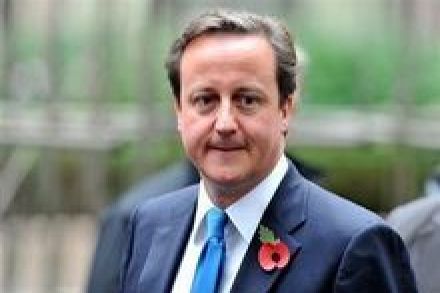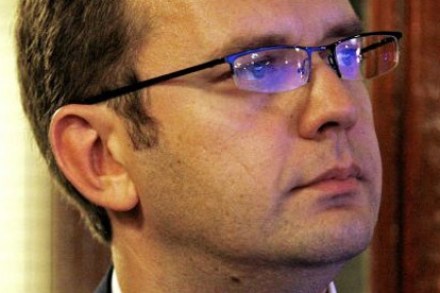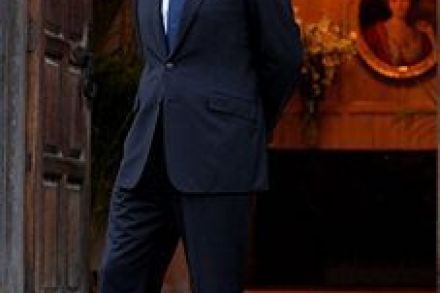Stop dreaming of Leo McGarry
The West Wing has an amazing hold over Fleet Street. The TV series has not only taught a generation of British reporters about US politics but even influenced the way that they see the workings of Westminster. Every time centre-right writers think David Cameron is seen as having made a mistake – mistreated his back-benchers, hired a personal photographer or made a foreign policy gaffe – they trot out the same refrain: No 10 needs a powerful Leo McGarry-type chief of staff who can bring the various parts of the operation together from Steve Hilton’s work to Andy Coulson’ operation. An enforcer, a puller-togetherer. I have three arguments against a



















